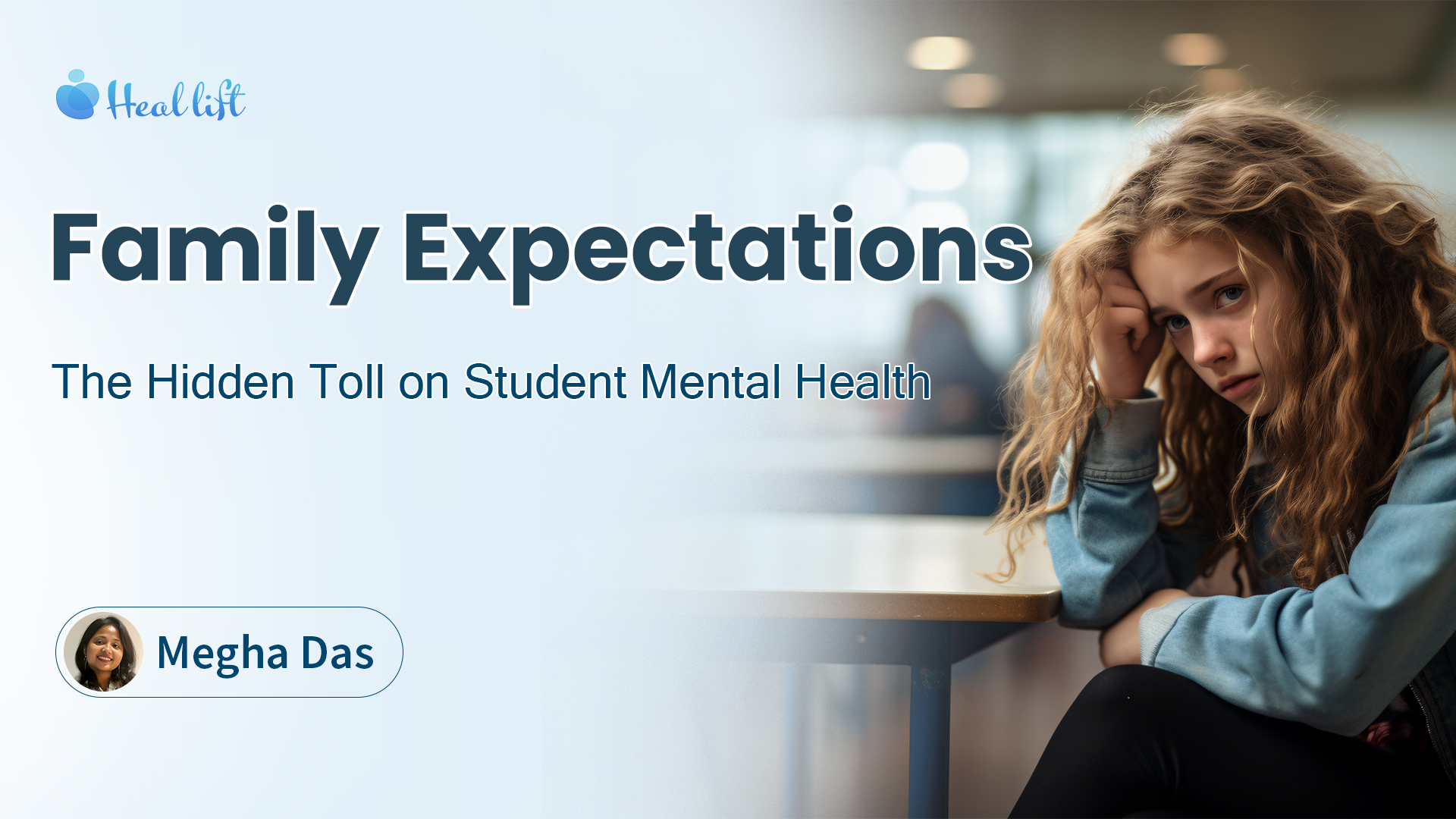Anuja Wickramasingha - 17 Jan 2024
From Failure to Triumph : Life's Resilience with the movie "12th Fail"
Have you ever considered how it feels to lose after putting in so much effort? Until you've experienced it, you may not understand.

Heal Lift

‘A doctor!’ That was supposed to be Sam’s goal in life for his parents had envisioned it that way. And Sam never budged. A top scorer in almost all exams throughout life, Sam’s parents blamed his new found interest in music to be the sole reason for his disappointing grades. Needless to say, his music classes were replaced with two extra coaching classes. Parental pressure forced him to stay focused on academics. Every time he tried to convince his parents about letting him pursue music, they’d disregard his plea by calling it a mere childhood hobby. Instead, they’d ask him to get more serious with his life. Academics started consuming him. Sam who loved talking to everyone barely engages in any conversation now. You and I must have known at least one Sam in our lives. Or worse, we might have been in Sam’s shoes ourselves.
In either ways, families tend to play a key role in impacting our mental health, especially in the teenage years as a student. A lot of times, family expectations are disguised as well meaning intentions. And, rightly so. Because which parent on earth would want ill for their children? But what we tend to forget is that these intentions eventually become ties and chains for the child itself.
So, what do families, more particularly parents, expect from their children?
In the initial growing years, any family conventionally targets academic brilliance for their child. Irrespective of the student’s interest, or caliber, parents assume that excelling in studies is the only way to the child’s growth. Higher grades become primary. Knowledge and wisdom, secondary. A lot of times, parents evaluate success for their child based on how other students are performing. This results in a never ending loop of comparison and expectations. Many parents also try to project their own unfulfilled aspirations through their children. Academic, or otherwise; children become passion projects for their parents. These expectations can even stem from gendered biases. Imagine a daughter wanting to pursue ballet dancing as a career. Even if ballet does not align with a conventionally accepted career choice, the decision still stands a consideration if she’s a girl. An immediate ‘No’ for a son from his family because apparently, ballet dancing is ‘feminine’ and would bring disgrace to the family.
So, what is the immediate impact of family expectations on their children?
The impact of family expectations on students continues to be multifaceted.
Attaching self worth to achievements: When a parent says, “I’ll buy you an ice-cream if you win the drawing competition”, the child learns that he is worthy of a reward only when he achieves a benchmark that has been already set for him. In case he ends up not winning the test, he questions his worth, time and again.
Chasing validation (through incorrect means): When growing children are only applauded for higher grades and criticized for lower scores, they learn that higher scores make them feel seen at home. To secure higher scores, they might easily cheat. But then, that hardly matters for all they want to do is be validated.
Higher Stress, Higher Anxiety, Poorer Mental Health: A child who is always thinking of pleasing his parents or immediate family through what he can achieve is undoubtedly suffering from high-end stress and anxiety. The pressure to succeed and fit in the boxes that have been particularly designated for him by his family/ society can easily lead to poorer mental health and even slip him into depression.
At Crisis with emotions: When a child is consistently expected to achieve a particular goal but is failing to do so even after several trials, he no longer knows what to feel. There's both anger and resentment on one side and pity, guilt, and helplessness on the other. The complex web of emotions also makes it difficult for the child to communicate his feelings.
So, how can parents/ family help in positively impacting their child's mental health?
Parents have to start by acknowledging the individuality and uniqueness of their children. Families need to take a step back from imposing ideas, ambitions and decisions on their children. This does not, in any way, mean that the role of a family is canceled out. Families can always help their children make an informed decision but have to let loose on the autonomy of taking that decision for their children. Parents have to be open to learning, unlearning and relearning from their own children and changing social dynamics. This would help them in offering a non-judgmental space for their children to talk about their honest emotions openly. Embracing a child as they are and not letting ‘wins’ or ‘failures’ decide their validation is equally significant in contributing to the child’s mental health.
At the end of the day, the impetus is on parents to make their child feel safe, seen and heard.
As far as Sam’s career trajectory is concerned, he could become a doctor someday. A successful one for sure. But unfortunately, success will never be able to buy him inner contentment. For him to become a doctor, music lessons need not be cut off. A doctor who plays the piano sounds even more cool. Isn’t it?
